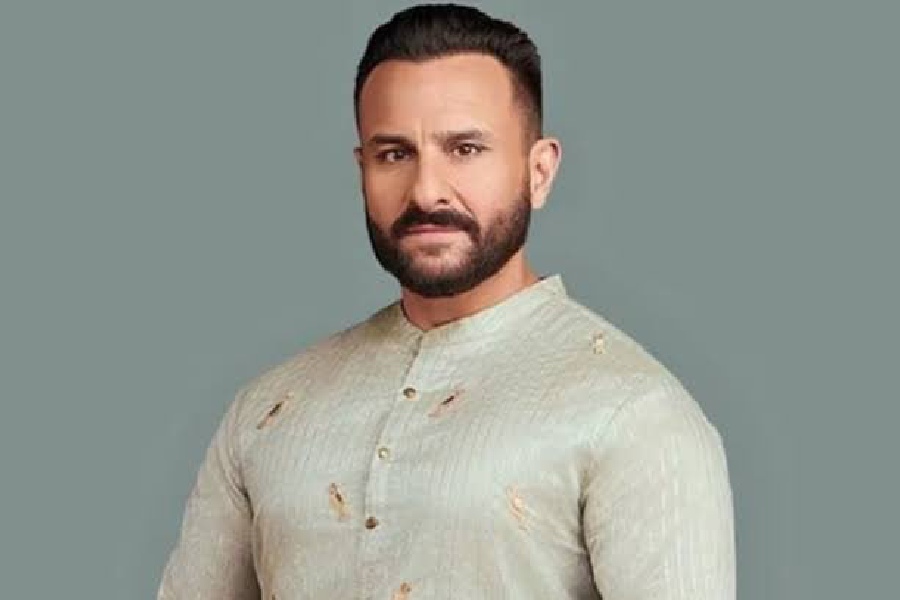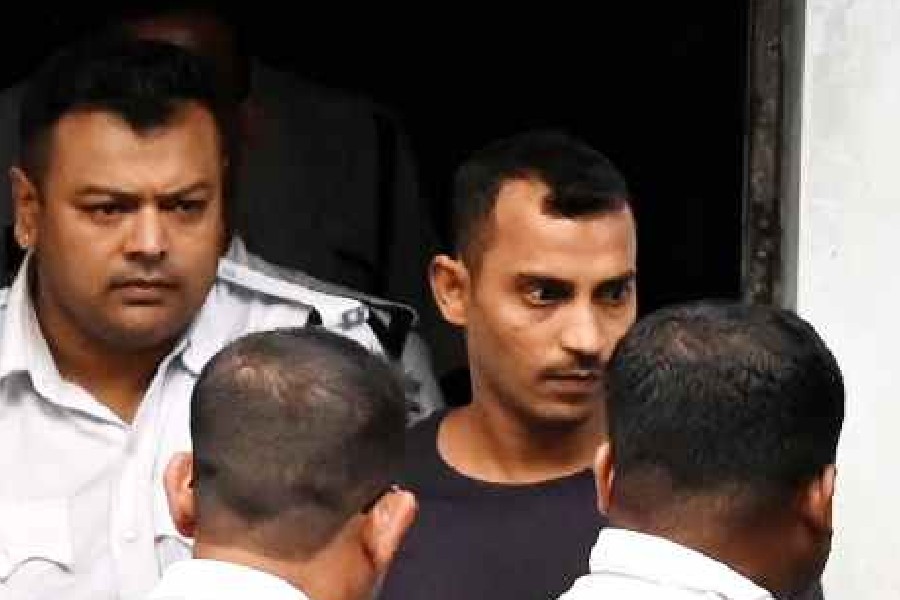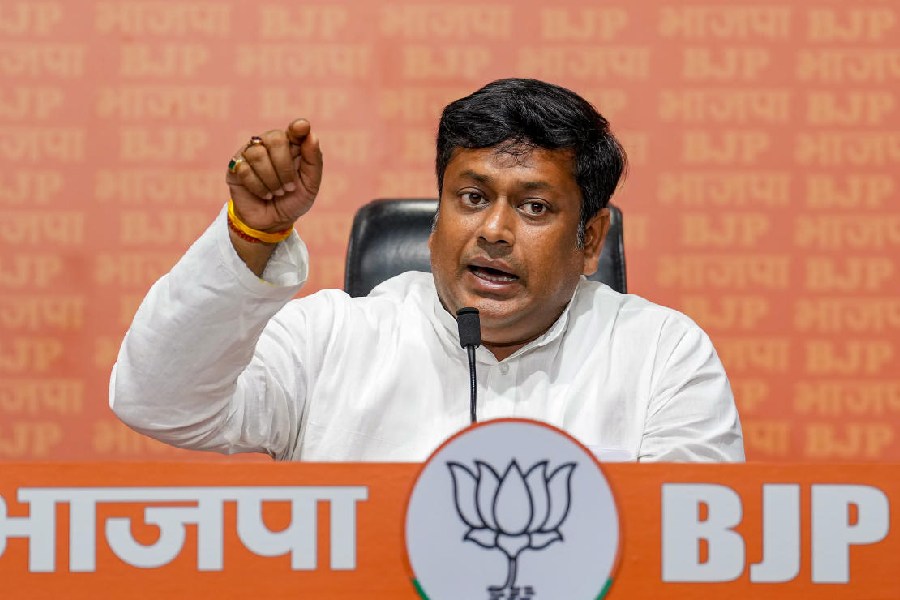The Supreme Court will take up the Pegasus snooping case on Friday, and not Wednesday, as was initially listed.
A bench headed by Chief Justice of India N.V. Ramana, which had listed the matter for hearing on Wednesday, agreed to solicitor-general Tushar Mehta’s request for postponing it till Friday.
“Upon being mentioned by Mr Tushar Mehta, learned solicitor-general, we deem it appropriate to direct the registry to list the mater on 25-02-2022,” the bench, which includes Justice A.S. Bopanna and Justice Hima Kohli, said.
On October 27 last year, the court had constituted a committee headed by retired apex court judge Justice R.V. Raveendran to go to the bottom of the controversy while ruling that the State would not get a free pass every time the spectre of national security was raised. The top court had given two months’ time to the panel to submit its report.
The panel, which couldn’t meet the deadline because it had to rummage through voluminous materials and documents, had sought an extension.
While deciding the terms of reference for the panel, the bench had said it was empowered “to enquire and investigate what steps/actions have been taken by the Centre after reports were published in 2019 about hacking of WhatsApp accounts of Indian citizens, using the Pegasus suite of spyware, whether any Pegasus suite was acquired by the Union of India, or any state government, or any central or state agency for use against the citizens of India”.
The panel had also been asked to collect details of any victims affected by the spyware attack.
A media consortium, which included The Wire news portal and The Guardian newspaper, had revealed that over 300 verified Indian mobile phone numbers were on the list of potential targets for surveillance using Pegasus spyware.
Judges, politicians, journalists, social activists and industrialists were on the list.
Citing national security, the Narenda Modi government has so far not even acknowledged whether it had access to Pegasus or not.
“The mere invocation of national security by the State does not render the Court a mute spectator,” the top court had observed.










